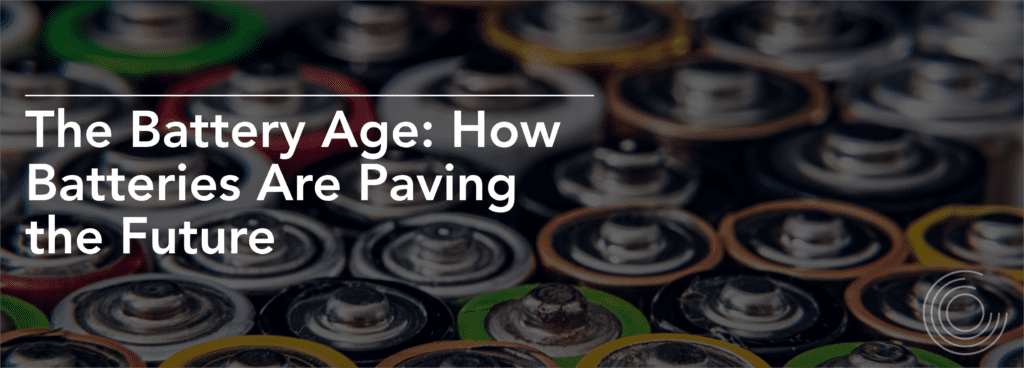
The Battery Age: How Batteries Are Paving the Future
While batteries have been common household items since the 1970s, a new battery age is upon us. Sustainability for more environmentally conscious products has risen in demand. Plus, a shortage of materials has forced companies to innovate, looking more strongly at the recycling potential of lithium-ion batteries. Here is how batteries are paving the future.
The Rise of E-Mobility
One of the industries seeing an increasing demand for batteries is the automotive industry. The reason for this is two-fold:
- Since 2010, lithium-ion batteries have dropped in price by about 80–85 percent while, at the same time, always improving. Modern-day batteries are much more efficient, and the development of effective electrical cars has become more viable.
- As the public becomes more conscious of climate change, more sustainable products and services have risen in demand. In the wake of this demand for sustainability, manufacturers have begun looking to replace carbon-intensive combustion engines.
Even in conservative estimations, battery technologies may further rise in demand to the point of outpacing the supply of raw materials. What does this mean for the future of batteries?
Recycling Batteries
One of the greatest benefits of batteries is that you can recycle many of the materials used in their construction—this ensures that materials are always cycling back into the supply chain. The catch is that many people often throw out their batteries without a second thought, leaving them to sit and decay in landfills.
For that reason, battery logistics have become more important than ever before to ensure that access to battery recycling becomes more widespread. This way, batteries can pave the future for energy sustainability by developing a life cycle where manufacturers remake batteries repeatedly.
Looking Toward the Future
The future of batteries looks bright with aspirations to replace carbon-intensive power generation solutions. Many current-day vehicles make use of batteries to become more fuel-efficient, even if they’re not electric cars. As batteries continue to improve—becoming the most sustainable and cost-effective option—we can expect them to become more prevalent than ever before.